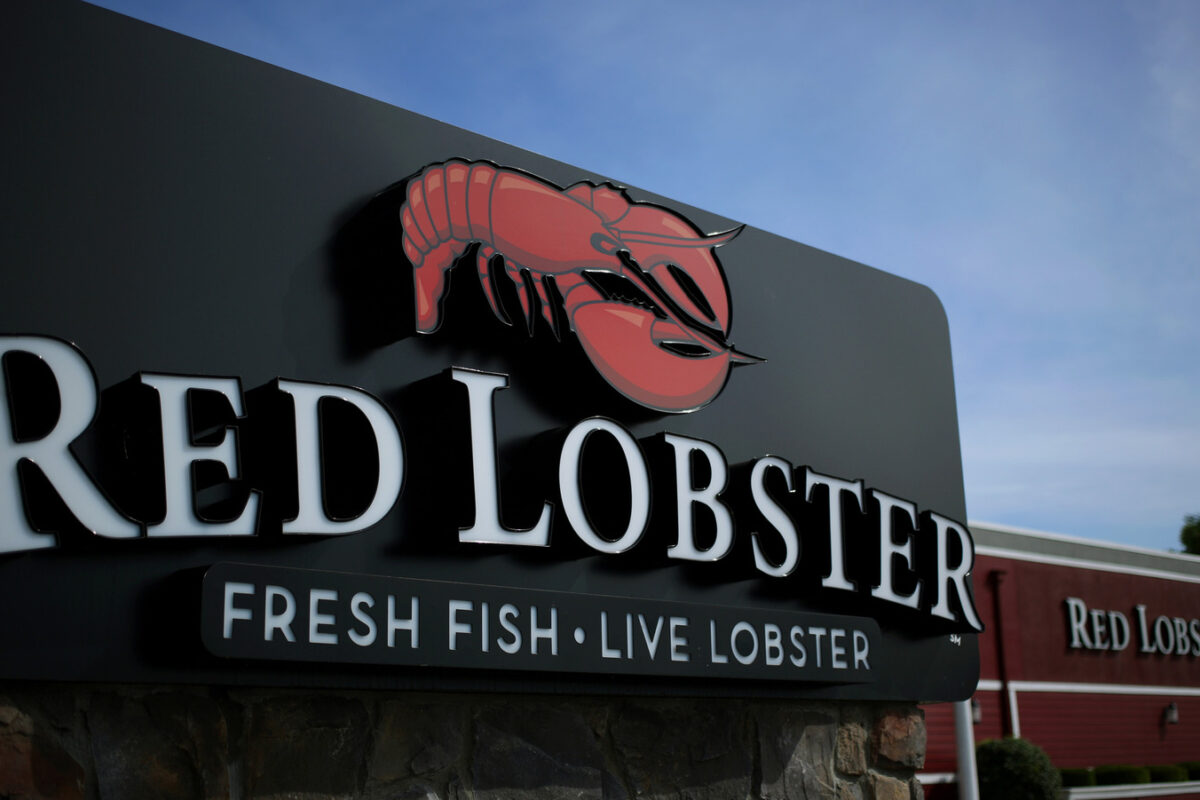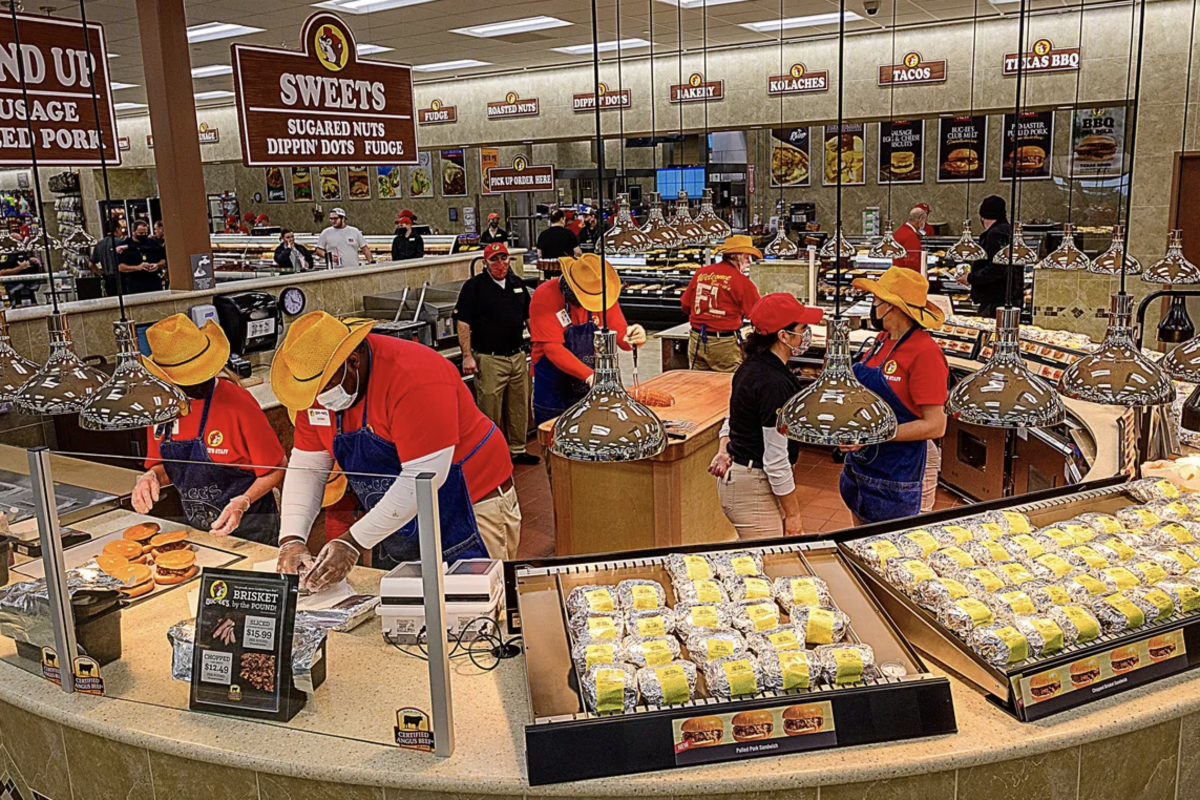Current hot-button issues for consumers are genetically modified organisms (GMOs), the overemployment of pesticides, and the overuse of antibiotics in dairy. There are haters. There are skeptics. And a recent study showed that people were willing to pay more for a product labeled “xxx- free,” even when xxx was a made-up ingredient. So when a company who manufactures pesticides came to us to help improve their reputation, we knew it was going to be no small undertaking. How on earth do you convince folks that a company like that is good? It starts with active empathy.
The number one thing when it came to this company specifically is that they were associated with negative practices that people haven’t liked about agriculture for a generation now. They made GMOs. They made pesticides and crop protection products. They were seen as a big evil corporation that both enabled and encouraged some of the worst practices in agriculture today. The idea that this company could be helping farmers and helping agriculture and specifically making agriculture more sustainable was a pretty high bar for many people.
When we spoke to folks nobody bought it. We had to find common ground. We found that what mattered to people was that they wanted to feel good about the food they ate and where it came from. We had to find out what this company could say that would meet those needs of the consumer. It sounded like it might be impossible, right? Not at all. In fact, there were a lot of different ways they could talk about what they did that helped their target audience. They could talk about innovations in plant breeding. They could talk about how farmers are increasingly using their data and software to be more precise and reduce waste; they could talk about increasing the use of science to create better crops. They could try to start broadening the conversation beyond GMOs and pesticides.
What we found was that the digital tools this company offered helped shift the conversation. Many farmers liked using their software, smartphone apps, and other digital tools to help them make long-term decisions. Much of the time, science and farming don’t seem to go together because it feels like you’re changing the food. Whereas offering digital tools is broad enough and can be redefined in such a way that it becomes about how farmers can take advantage of these tools to improve their practices and actually use less of the things that consumers want them to use less of— land, water and resources. In the end, the client built a campaign around this idea: “Keep Mother Nature’s gifts where they belong. Use less water, use less land, use less energy.”
Here’s one story they told: “Imagine if we could grow plants that treat the symptoms of rheumatoid arthritis. Or plants that convert sunlight into food more efficiently. Or bioluminescent plants that glow in the dark, lining a city sidewalk or hiking trails. Seem outlandish? Not to people like Sharon Berberich and Sam Fiorello, who spend nearly all their time imagining the future of plants and agriculture.” Then they went on to talk about what the future of technology could do to help farming use less water, land, and energy.
Without active empathy, this campaign would never have been possible. They would have gone about convincing folks that they were a great company without understanding what was most important to consumers.
It’s important you know that when we say, “Don’t be afraid to communicate with haters,” that doesn’t mean the critics won’t be vocal. You’ve got to prepare yourself for the extreme response. What happens if you get trolled? What happens if people come at you and verbally attack you? Or call for a boycott of your products? When Keurig pulled their advertising from Sean Hannity’s show on Fox, people were breaking their Keurigs, but guess what? Keurig weathered it without caving, and their market share is as strong as ever.
Recently we developed a social strategy for a telecom company that was working to rebuild their reputation after becoming known mostly for dropped calls and spotty service. They wanted to take a stand on cyberbullying because so much of it happens on devices using their broadband. It was holistic and made sense. But they also knew that they were going to get crucified by trolls at the same time, because that’s the world we live in now. So we were prepared. When trolls came at them with tweets like, “You know who’s a bully? Your billing department!” we had a hundred prepared fun tweets in response, with links sending them to cyberbullying counseling, and the trolls settled down pretty quickly.
If you know that critics are going to come, but you address them in the right way, it’s actually only going to elevate you, not defeat you. The right way is to know what the criticisms are going to be and handle them without being defensive.
Get someone to play devil’s advocate and try to think of the worst thing someone might come at you with. List all the potential criticisms you could receive. Is it just you, because you’re an individual? Or are you a company that needs to make sure that all your employees are prepared? Do you have a social media presence? Do you have a strategy for how to answer trolls who are going to come at you? Are you doing media interviews? You know you’re going to get questions. How are you going to answer them?
Most important, remind yourself of your goal, what you said you were going to do, what you’ve accomplished, and how much progress you’ve made so far. Say, “We expected turbulent times, and we understand that we’re receiving a lot of criticism, but we’re also moving things forward.” Then take the high road, not the combative road.
Contributed to Branding Strategy Insider by: Lee Hartley Carter from her book Persuasion: Convincing Others When Facts Don’t Seem to Matter by arrangement with TarcherPerigee, an imprint of Penguin Publishing Group, a division of Penguin Random House LLC.
At The Blake Project, we are helping clients from around the world, in all stages of development, define and articulate what makes them competitive and valuable. We help accelerate growth through strategy workshops and extended engagements. Please email us to learn how we can help you compete differently.
Branding Strategy Insider is a service of The Blake Project: A strategic brand consultancy specializing in Brand Research, Brand Strategy, Brand Growth and Brand Education




